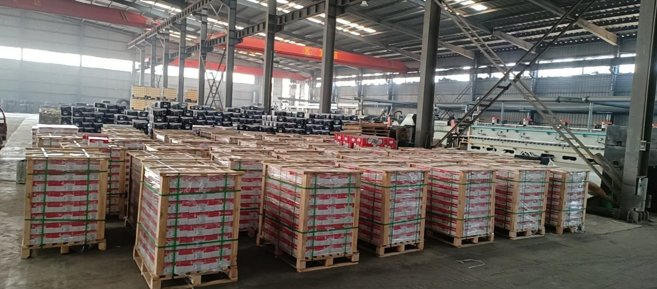oem washer vs spring washer
OEM Washers vs Spring Washers Understanding the Differences and Applications
When it comes to fastening solutions, washers play a crucial role in ensuring stability and reliability in various applications. Among the numerous types of washers available in the market, OEM (Original Equipment Manufacturer) washers and spring washers are two popular choices. While they may seem similar at first glance, they serve different purposes and are designed for distinct applications.
OEM Washers
OEM washers are specially manufactured to meet the specifications and requirements of a specific device or machinery. These washers are often designed to fit perfectly with the components they support, ensuring optimal performance. The term OEM signifies that these washers are produced by a company that also manufactures the equipment for which the washers are intended. Consequently, OEM washers guarantee a level of quality and compatibility that generic washers may not provide.
OEM washers can be made from various materials, including steel, stainless steel, or plastic, depending on the requirements of the specific application. They are commonly used in automotive, aerospace, and industrial machinery, where precision is paramount. The main advantage of using OEM washers is that they help maintain the integrity and performance of the equipment, reducing the likelihood of failures or malfunctions.
oem washer vs spring washer

Spring Washers
On the other hand, spring washers, also known as lock washers, are designed to provide a locking mechanism or compensate for any potential loosening that may occur due to vibration or other forces. These washers feature a curved or helical design that allows them to exert a spring force, which helps maintain tension and prevents the nut or bolt from loosening.
Spring washers are often used in applications where there is a high degree of vibration or movement, such as in machinery, automotive components, and even electronics. The unique design of spring washers allows them to absorb shocks and maintain a secure fastening over time. Different types of spring washers, such as wave washers, split washers, and conical washers, cater to specific needs based on the application.
Conclusion
In conclusion, while both OEM washers and spring washers serve important roles in fastening applications, they are designed for different purposes. OEM washers provide tailored solutions that ensure compatibility and reliability with specific equipment, while spring washers are invaluable in preventing loosening under dynamic conditions. Understanding these differences is crucial for engineers and manufacturers seeking to choose the right component for their projects, ultimately leading to more reliable and efficient systems.
-
Top Choices for Plasterboard FixingNewsDec.26,2024
-
The Versatility of Specialty WashersNewsDec.26,2024
-
Secure Your ProjectsNewsDec.26,2024
-
Essential Screws for Chipboard Flooring ProjectsNewsDec.26,2024
-
Choosing the Right Drywall ScrewsNewsDec.26,2024
-
Black Phosphate Screws for Superior PerformanceNewsDec.26,2024
-
The Versatile Choice of Nylon Flat Washers for Your NeedsNewsDec.18,2024










